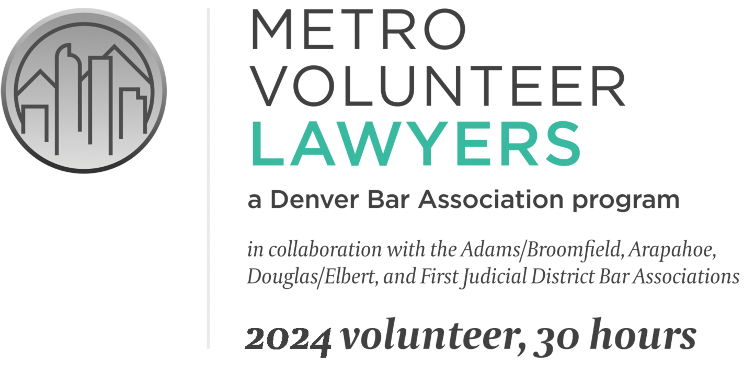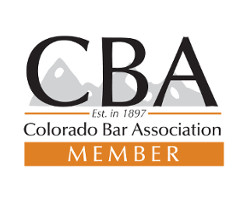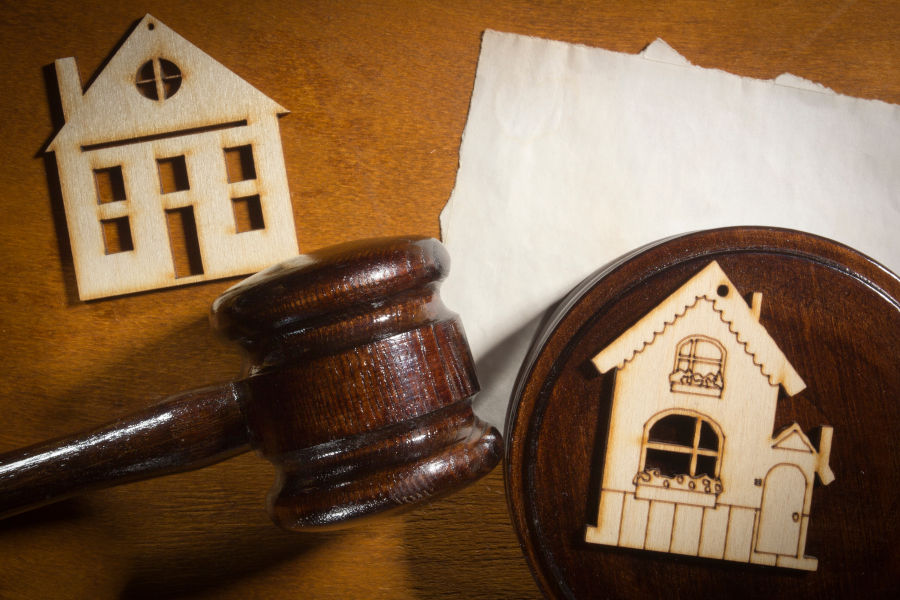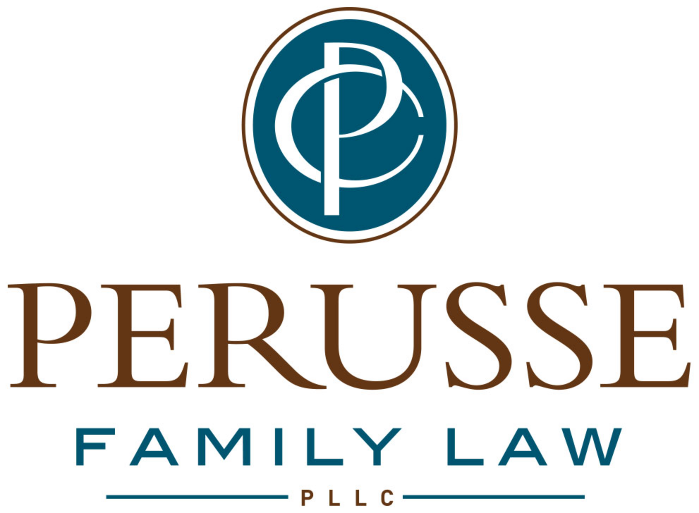Property Division
One of the more complicated aspects of divorce can be property division. In Colorado, this is a three-step process that begins with deciding whether the property is marital property or separate property. Marital property is all the property acquired during the marriage, consisting of both marital assets and marital debts.
Separate property includes all property acquired before the marriage and:
- property acquired by gift, bequest, devise, or descent;
- property acquired in exchange for property acquired prior to the marriage or in exchange for property acquired by gift, bequest, devise or descent;
- property acquired by a spouse after a decree of legal separation and
- property excluded by a valid agreement of the parties.
Some property can be part marital and part separate property. This usually occurs when a person comes into the marriage with an account or real estate, and then the couple adds to the value of the asset during the marriage. Any “appreciation” of a separate asset is considered marital property as well.
Assigning Value in Colorado Property Division
The second step in property division is assigning an accurate value for both the marital assets and marital debt. Many assets can be valued through appraisals or account statements. Self-owned businesses, stock options, or intellectual property are more difficult to assess and often require the help of professional CPAs and business valuators to produce the most accurate figures.
The marital home is generally one of the most significant assets in a marriage. To determine the equity of the marital home, any liabilities against the property, such as a mortgage, taxes, or home equity loans, are subtracted from the market value of the house. Generally, a real estate agent is used to prepare a comparative market analysis, or an appraisal can be done for purposes of valuation.
Retirement benefits and plans earned by both spouses are also marital assets available for division. However, division of retirement and pension benefits can be complicated and very often result in tax consequences. Therefore, it is best to consult a tax attorney or accountant before dividing these assets.
Equitable Property Division in Colorado
The third and last step of property division is the distribution of assets. This distribution is done in an “equitable” manner. Equitable means fair. Fair does not always mean equal. What is a “fair” division of assets and debts has to do with many factors unique to each case.
When dividing marital property, the Colorado court will consider the following:
- The contribution each spouse made to the marriage when acquiring the marital property
- The economic circumstances of each spouse at the time the division of property is to become effective; and
- Any increases or decreases in the value of the separate property of the spouse during the marriage or the depletion of the separate property for marital purposes.
It is important to note that in general, the court divides marital property and debts without regard to marital misconduct.
Experienced Denver, Colorado, Property Division Attorneys Can Help
Property division has a direct impact on your standard of living in the future. Contact an experienced Denver, Colorado, family law attorney to learn your rights and responsibilities in ensuring a fair property division. The attorneys at Perusse Family Law, PLLC, can guide you through the often complex process of determining whether assets are marital or separate and then setting values to those assets.
We have a combined 30+ years of legal experience providing favorable resolutions to clients’ property division cases. For more information on how we can help you, contact the legal team at Perusse Family Law, PLLC, today to schedule a consultation.






